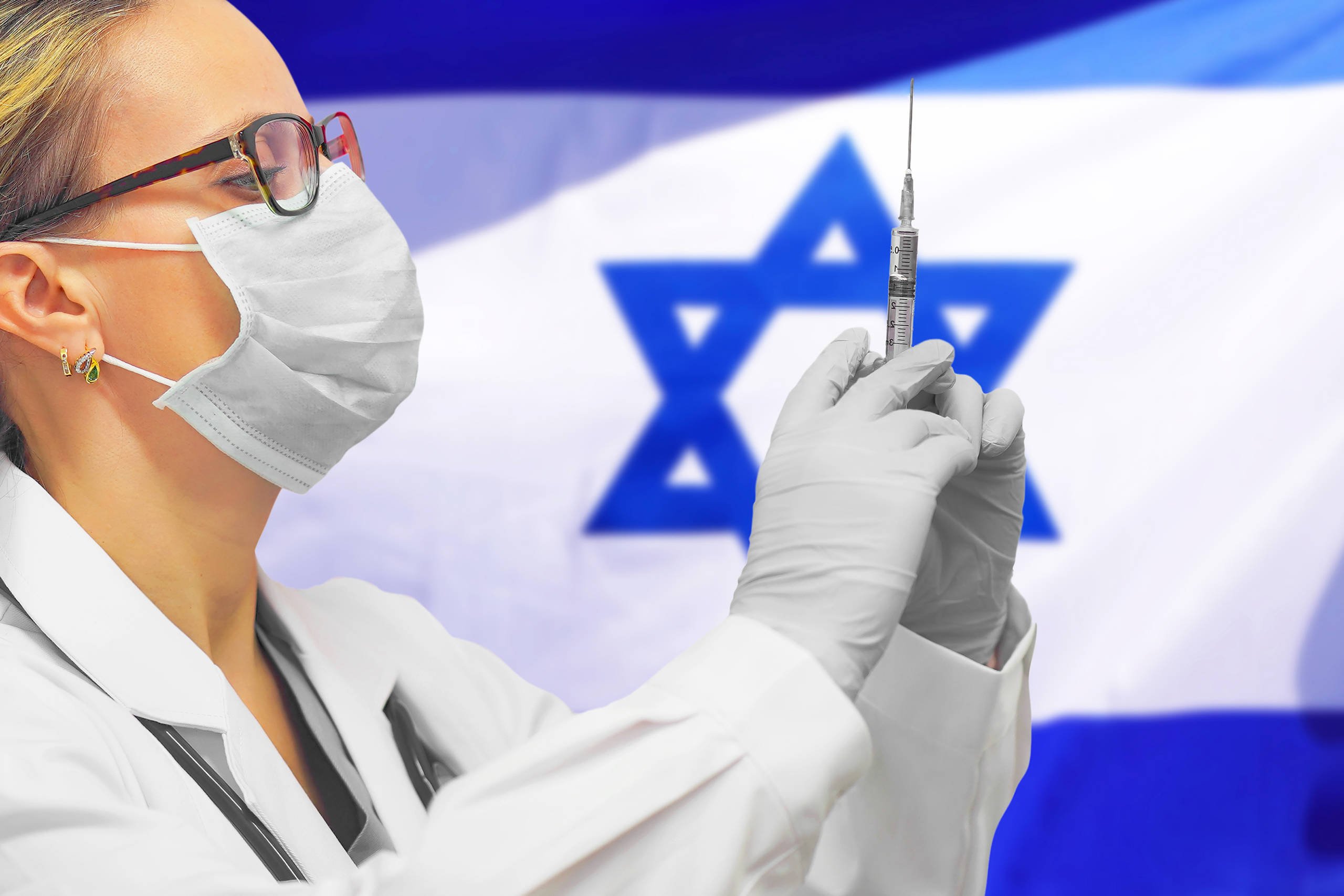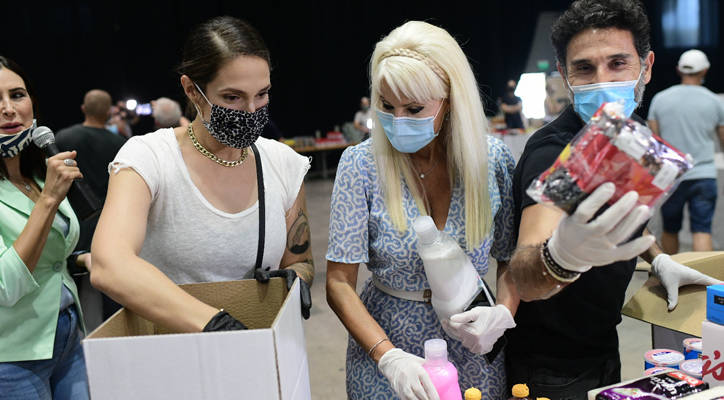Study finds COVID-19 worries inspire altruism and cause people to put concerns about others first.
By Yakir Benzion, United With Israel
When it comes to worrying about the COVID-19 pandemic, a new study shows that people are more concerned about accidentally spreading the virus and the safety of their family members, rather than their own health or the risks they face by catching coronavirus.
The study also shows how increased resilience reduces anxiety and depression during the pandemic.
Tel Aviv University graduate Dr. Ran Barzilay, who is working at the Lifespan Brain Institute (LiBI) of the Children’s Hospital of Philadelphia (CHOP) headed the project, which showed that the COVID-19 pandemic has affected not only people’s physical health, but also their mental health.
Coping with the emotional fallout requires resilience, the ability to adapt in the face of adversity. Given the rapid spread of COVID-19 around the globe, the researchers saw an opportunity to study resilience in the midst of a single global pandemic.
Back in April, when stay-at-home measures were introduced, the researchers launched an online survey at covid19resilience.org to see how people reacted. The survey measured six potential sources of stress during the pandemic: contracting the virus; dying from it; currently having the virus; having a family member get infected; unknowingly infecting others; and experiencing a significant financial burden.
3,042 participants from Israel and the United States, ranging in age from 18 to 79 answered the initial survey. Most were living in locations with active stay-at-home orders at the time of the survey, and approximately 20% of those taking the survey were healthcare workers.
Once they completed the questionnaire, participants’ responses were measured for anxiety and depression.
Of those who participated, distress about family members contracting the virus (48.5%) and unknowingly infecting others (36%) outweighed distress associated with contracting the virus themselves (19.9%). Rates of anxiety (22.2%) and depression (16.1%) were not significantly different between health care workers and non-health care workers.
“The opportunity to study mental resilience during this pandemic is unprecedented,” said Barzilay. “Our frontline health care workers are acutely aware of the mental health challenges facing everyone right now, so there is an urgent need to quantify the effects of resilience and determine how future studies might guide us toward improving mental health under these changing circumstances.”
Respondents with higher resilience scores had lower COVID-19-related worries, as well as a reduced rate of anxiety (65%) and depression (69%) across both health care workers and non-health care workers.
“Based on our study, it appears that people are more worried about others than themselves when reporting their COVID-19 related concerns, but encouragingly, resilience helps reduce these worries, as well as anxiety and depression,” said LiBI director Dr. Raquel Gur, who is a psychiatry professor at the University of Pennsylvania.
Dr. Gur studied at Hebrew University of Jerusalem, among a number of other world class institutions.
The survey website not only provided data to researchers, but also supplied unique information to participants, who immediately received personalized feedback upon completing the survey, including a resilience profile.
The researchers are continuing to gather information from the survey as the pandemic unfolds. The survey has already been translated to Spanish, French and Hebrew, and the researchers hope to collect data around the globe. So far more than 7,000 people have taken the survey, and the research team hopes to collect data over time that will shed light on the long-term effects of the COVID-19 high-stress environment.

HELP ISRAELIS BATTLE CORONA!
Donate to the Corona Emergency Relief Fund. Coronavirus has taken a huge toll on the people of Israel. The poor, elderly and ill are most vulnerable.
Israeli soldiers, security officers and medical care providers operate under great danger and risk to life.
Over 1 million Israelis are out of work. Many cannot make ends meet. We provide financial aid, food, medical supplies and more. Funds are distributed where needed most. The time to act is now!
United with Israel extends a special note of appreciation to the Genesis Prize for their generous support.
Do You Love Israel? Make a Donation - Show Your Support!
Donate to vital charities that help protect Israeli citizens and inspire millions around the world to support Israel too!
Now more than ever, Israel needs your help to fight and win the war -- including on the battlefield of public opinion.
Antisemitism, anti-Israel bias and boycotts are out of control. Israel's enemies are inciting terror and violence against innocent Israelis and Jews around the world. Help us fight back!



